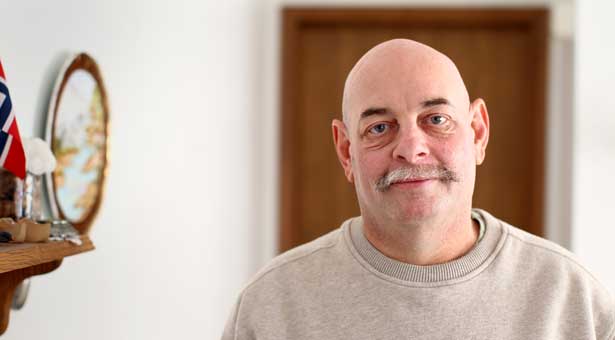We hear a lot about the bystander effect, the socio-psychological phenomenon in which average people stand by idly instead of helping a victim during an emergency situation. This concept was made famous by the murder of Kitty Genovese in 1964, but has been reported as recently as yesterday in other traumatic situations.
It’s refreshing, then, to read about people who don’t shirk their civic duty.
USA Today reports that on January 5th, dozens of people performed CPR to save a heart attack victim in Goodhue, Minnesota. Howard Snitzer had just finished his evening workout when he suffered a heart attack and collapsed to the cold sidewalk of this tiny town. Instead of ignoring Snitzer, people rushed to save him:
For the next 96 minutes — more than an hour and a half — Al, his brother Roy, bystander Candace Koehn, who saw Snitzer fall, and more than two dozen other first responders took turns performing CPR on the fallen man. Their teamwork saved Snitzer’s life, in what may be one of the longest, successful out-of-hospital resuscitations ever.
Nearly 95% of people who suffer heart attacks on the street never make it home. But the people of Goodhue kept blood flowing to Snitzer’s brain, even when they thought he wouldn’t survive. But Snitzer did survive — thanks to the efforts of a few dozen awesome people.

After he suffered a heart attack, Howard Snitzer was saved through the efforts of dozens of strangers. (Photo by Courtney Perry for USA Today.)
[USA Today: Dozens of peole perform CPR to save one heart attack victim]
{ 4 comments… read them below or add one }
You know what’s even more awesome?
All those people took the time to learn to save a life. If they hadn’t had the right training, they may not have felt able to help, or they might not have known what to do, or not done it in the best way.
Learning to save a life is something anyone can do. You don’t have to be strong, or clever, or fit (I’ve taught children as young as 7, as well as people in their late 80’s). You don’t even have to be rich – lots of places will teach you for very little, or even for free.
If everyone knew how to save a life, how much more awesome would the world be?
SF_UK’s comment is so true – I recently got CPR-certified and I really found my training to be empowering….but I got a huge discount and it was still not cheap. (That did include first-aid training as well though.)
I find myself wondering if there isn’t some way to make training more accessible so more people would get it? Then we might see more stories like this.
In the US, try the American Heart Association or Red Cross. In the UK, Heartstart (run by the the British Heart Foundation), Red Cross, or St John Ambulance.
Full first aid training can be expensive, mostly because it’s a practical course requiring lots of trainer input (hence one trainer can only teach a small group) and specialist equipment (such as the resuscitation manikins). Short courses teaching only the absolute minimum to save a life are cheaper, but still not free to run. However, charities like the ones above recognise its value and try to provide affordable options.
Of course, if you’re willing to volunteer with an organisation like the Red Cross or St John Ambulance, they’ll teach you for free, and give you practical experience at treating people, not to mention the social life. :)
At our work, one of the employees had a heart attack and he was resusicated by the volunteer emergency response team. These stories really do warm the heart! Fantastic and truly awesome!